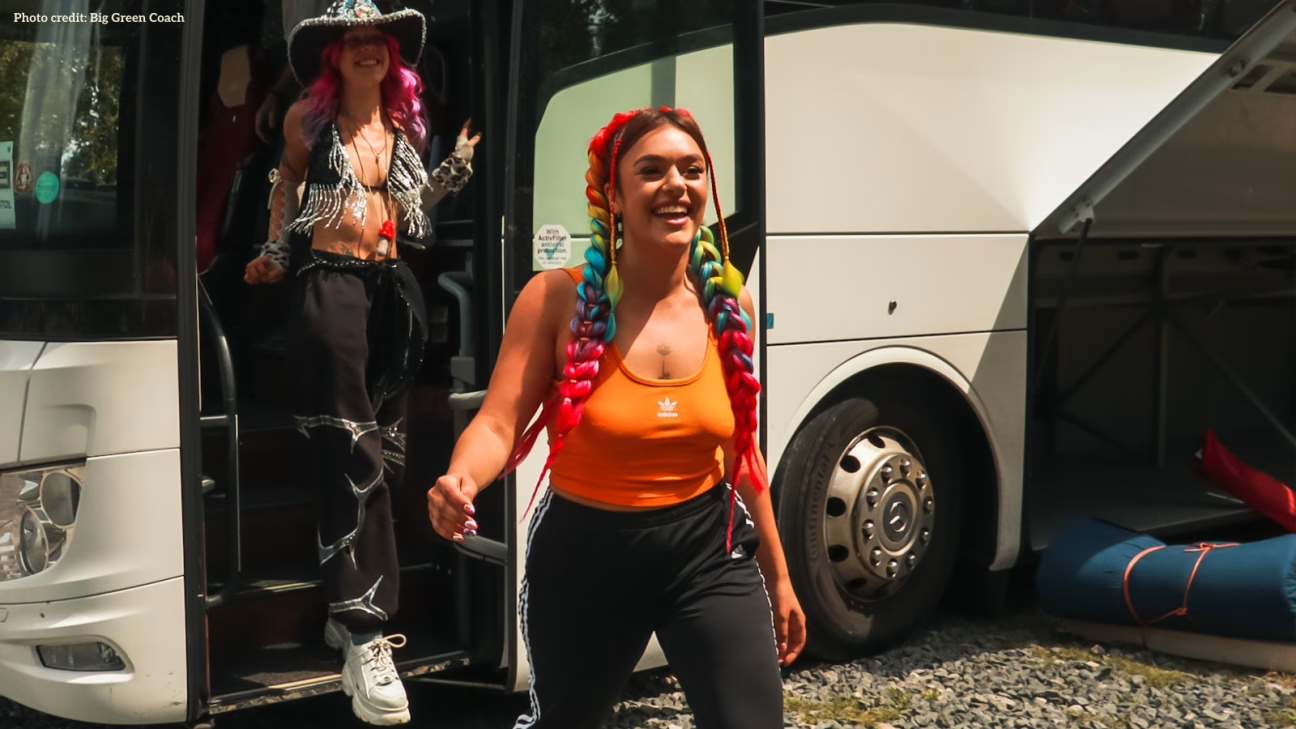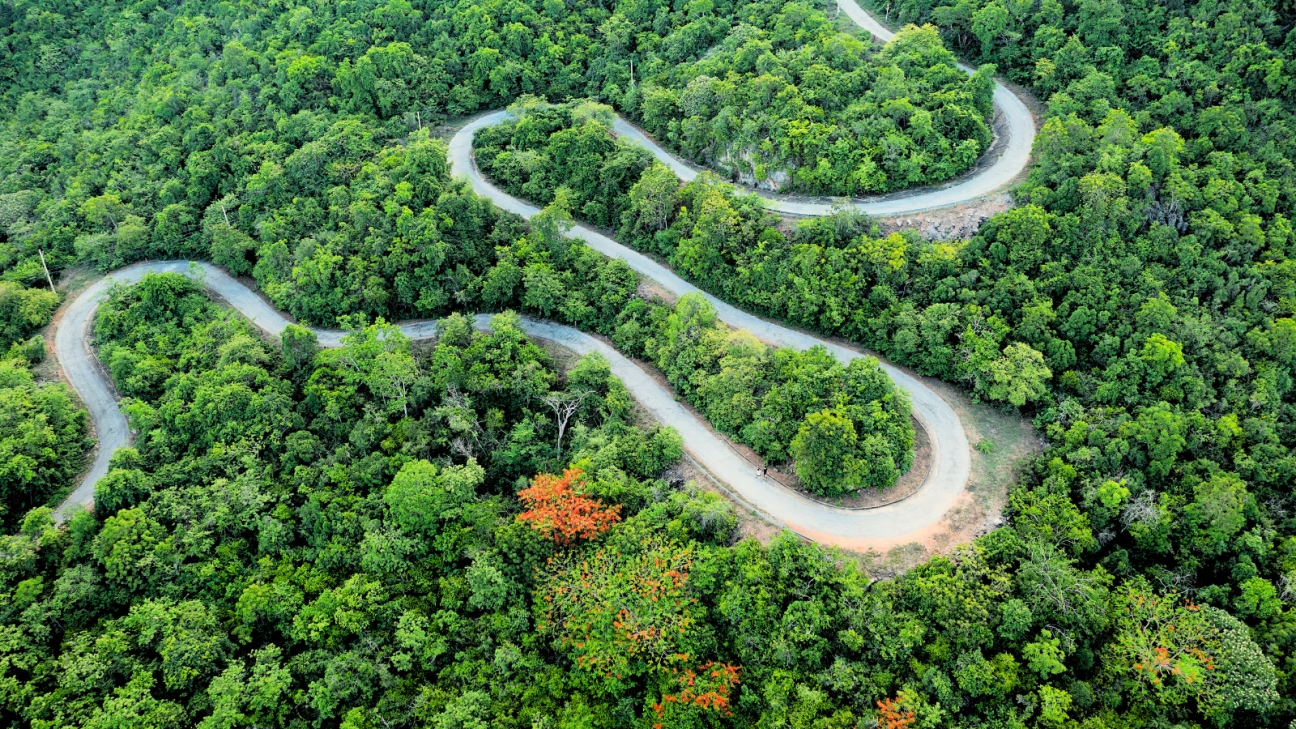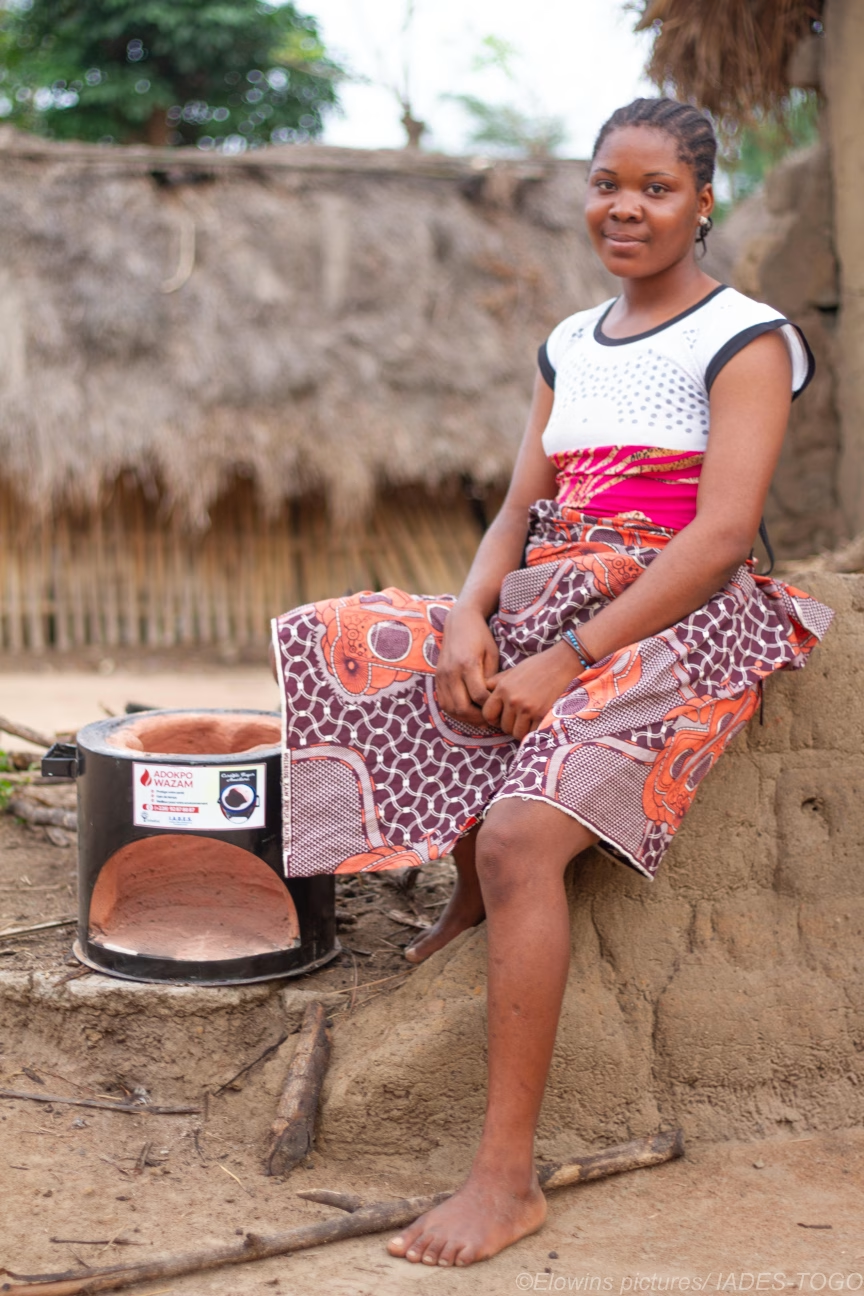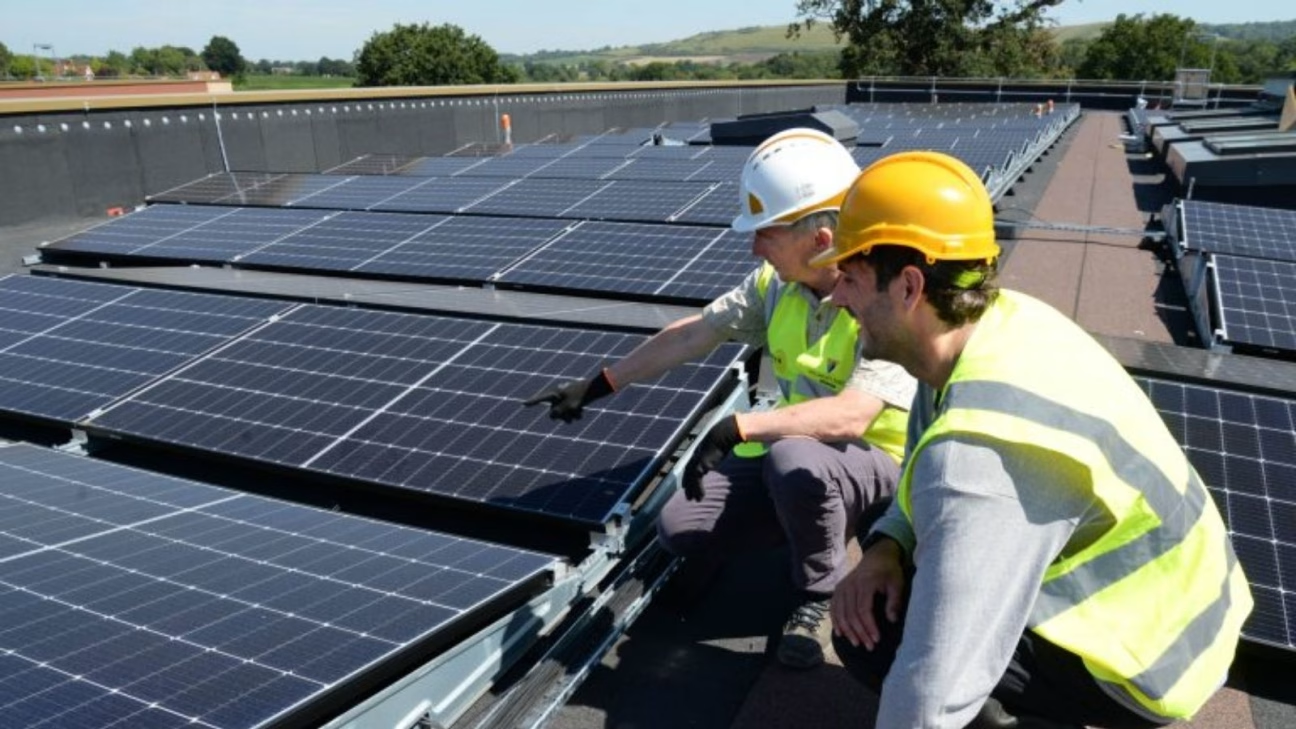Tackling climate change is the biggest challenge of our time. It requires a lot of different solutions, like changing our habits, protecting the environment, building a new economy, and ensuring fairness for everyone. At onboard:earth, we help our members tackle climate change by focusing on four key areas:
- Systems Change: We help events measure and cut down on their carbon emissions, especially from travel. By doing this, we hope to inspire people to make similar changes in their daily lives.
- Environmental Restoration: We support nature-based solutions that protect and restore ecosystems, which are great at storing carbon.
- A Just Transition: We support communities most affected by climate change—who often contributed the least to it—by helping them create sustainable ways of life that also heal the land.
- Moving to a Low-Carbon Economy: We finance community-owned and community-scale renewable energy projects across the UK.
In this article we take a deeper dive into the believes that drive this approach and how we go about taking action in these key areas:
1. Systems Change: Decarbonising Live Events

A big part of fighting climate change is cutting down on carbon emissions. For the live events industry, this means changing everything from how we power events and manage waste to what food we serve and, most importantly, how people travel.
Why is travel so crucial? For an average UK festival, audience travel can make up to 60-90% of the total carbon footprint. That’s why we founded onboard:earth: to put low-carbon travel at the centre of live events. We help events understand their travel impact and share proven strategies for reducing it.
How Events Can Drive Wider Change: While we need bigger changes in transport and government policy, we believe that real change starts with individuals and communities. Live events are perfect for this because they can inspire audiences to adopt sustainable habits, making those positive changes ripple out into the world.
As Margaret Mead said, “Never doubt that a small group of thoughtful, committed citizens can change the world; indeed, it’s the only thing that ever has.”
To drive this change we provide tools and resources to help our members measure and reduce their travel impact and provide proven strategies to encourage audiences to use lower-carbon transport. See our full toolkit here.
2. Environmental Restoration: What We Do About Unavoidable Emissions
We know that some carbon emissions are unavoidable, especially because public transport to greenfield sites isn’t always reliable or affordable, and many people still drive alone or with just one other person. To address these emissions, we work with events to collect donations from attendees, staff, or suppliers. We then pass these funds to our trusted environmental partners and report the positive results back to our members, who can share them with their stakeholders.
Our Environmental Programmes
We have two main programmes: Trees+ and Energy Revolution.
- Our Energy Revolution programme funds community-scale renewable energy projects that benefit the local communities they serve.
- Our Trees+ programme uses donations to fund three projects: preserving threatened ecosystems, helping communities restore areas already affected by climate change, and supporting verified carbon offset projects that protect and repair the land while also creating sustainable livelihoods.

Nature-based solutions are some of the most powerful and cost-effective ways to fight climate change. We work with partners like The Rainforest Trust UK, which protects existing rainforests that store huge amounts of carbon. Investing in these solutions helps stabilise our climate, protects wildlife, and supports local communities.
What We Believe About Carbon Offsetting: Carbon offsetting by itself is not enough to tackle climate change, and some individual projects have been criticised. But we believe that when you combine it with our other efforts—like cutting emissions, supporting local environmental projects, and working closely with our partners to ensure transparent reporting—offsetting can be a valuable tool. It allows our members to showcase their positive investment and, in some cases, claim verified carbon neutrality.
3. A Just Transition: Helping Climate-Affected Regions
At onboard:earth, we believe the shift to a green economy must be fair, especially for communities that are already hit hardest by climate change, even though they contributed the least to it. A just transition means supporting these regions.

This includes helping them with things like sustainable farming in areas prone to drought and addressing “loss and damage”—the irreversible impacts to which communities can’t adapt. We also help them get access to clean energy so they can bypass fossil fuels and build strong, climate-resilient economies. This kind of global support is essential for climate justice.
For example, we work with the Carbon Kind clean cookstove project in Togo, West Africa, which replaces open fires with fuel-efficient stoves. This cuts wood-use by over 52%, reducing emissions and preventing deforestation. We also partner with Temwa in Northern Malawi to support sustainable farming that helps communities and restores climate-affected lands.
4. Transitioning to Clean Renewable Energy: Empowering UK Communities

A critical step in fighting climate change is switching from fossil fuels to clean, renewable energy. Solar, wind, and hydro power are not only limitless but also becoming more affordable.
Our Energy Revolution programme directs funding from live events to projects that give local communities access to affordable green power. This helps create decentralised energy systems, where communities can generate their own electricity, reducing their reliance on big, distant power plants.
This approach provides cheap, reliable, clean energy, creates local jobs, boosts regional economies, and gives communities more control over their energy future.
Take action with onboard:earth: The journey to tackle climate change is complex, but by bringing together carbon reduction, protecting vital ecosystems, ensuring a just transition for the most vulnerable, and empowering communities with renewable energy, we can create a sustainable and fair future. The time to act is now.
Want to take action? Get in touch to find out how onboard:earth can help your event with its biggest environmental impact: travel.

